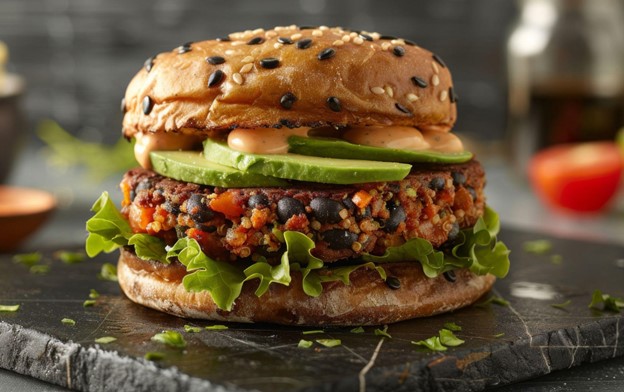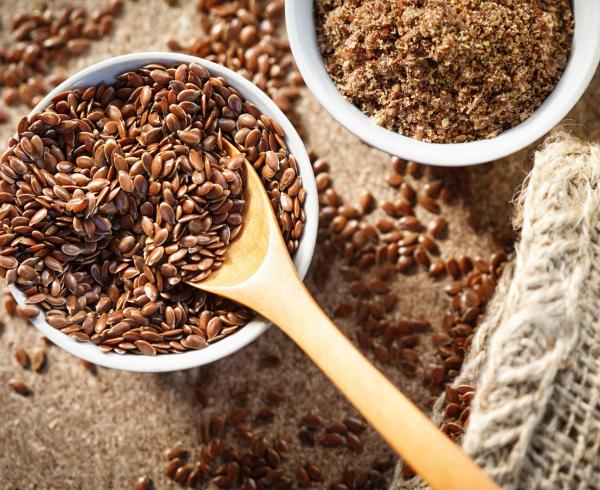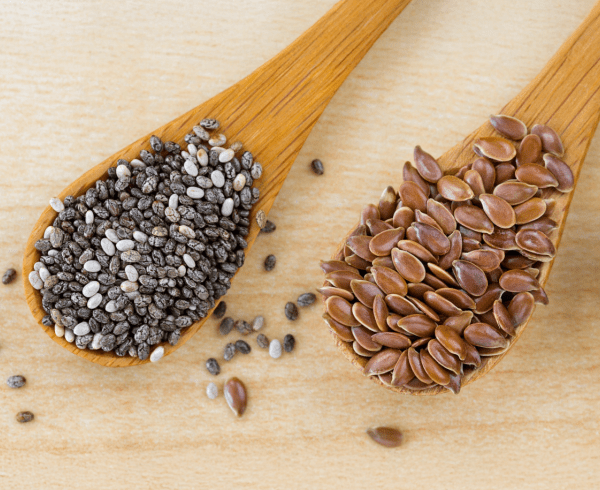The 2025 Plant-Based Protein Trends Brands Should Know
“Plant-based is now a lifestyle choice, and it’s here to stay,” reports Mintel.1 Despite pressure on household finances in the short-term impacting certain plant-based purchases like meat alternatives, Mintel emphasizes that planetary and human health will continue to drive growth in the plant-based market.2
“There’s little doubt that interest in the plant-based food and drink industry is strong, and the long-term outlook is positive.”3 Noting the fast dynamics of this market, here’s a look at the plant-based protein trends and opportunities ahead.
1. Flexitarianism as the Gateway to Plant-Based Eating
Flexitarians continue to drive the plant-based protein market, with rates of flexitarian eating showing no significant change from the prior year.4 25% of US consumers consider themselves to be flexitarian (eating both plants and meat but trying to reduce meat consumption), while 3% are vegetarian and 2% are vegan.5
Brands can appeal to flexitarian consumers by ensuring plentiful, flavorful plant-forward options in their portfolios and using product messaging that emphasizes both health and great taste.
2. Building Trust with Cleaner Label Plant-Based
With over half (54%) of US consumers now concerned about ultra-processed foods (UPF) in their diets,6 expect plant-based protein products to become more appealing to mainstream consumers—provided they feature natural, familiar, and minimally processed ingredients.





